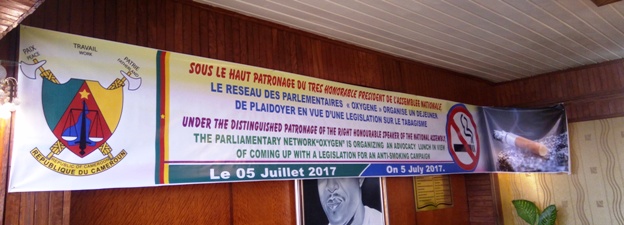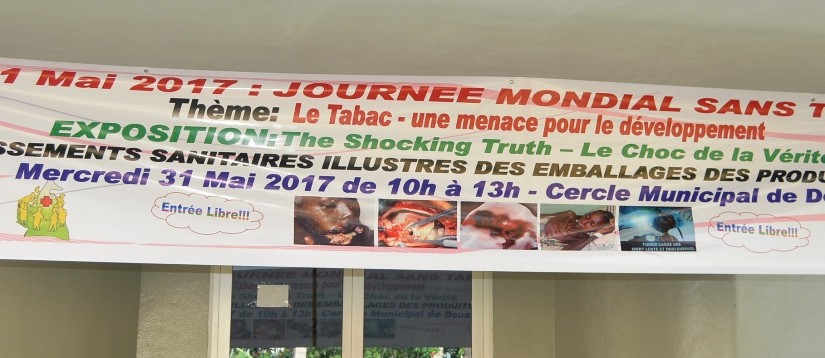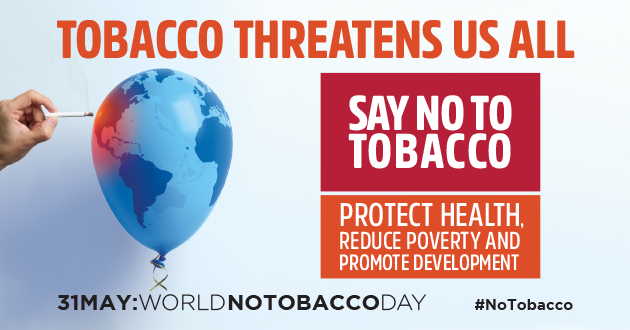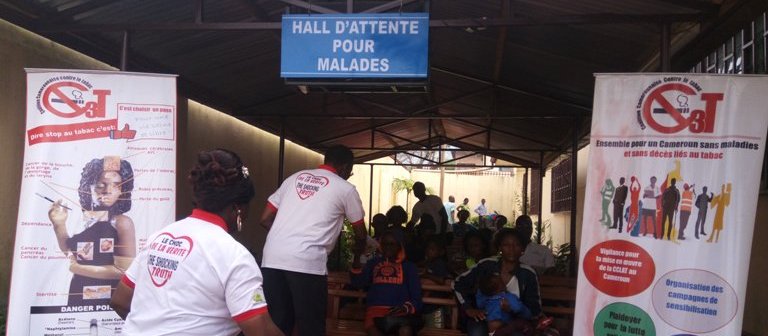There is a spiteful relationship between tobacco and poverty. In many ways, tobacco and poverty are part of the same vicious cycle. Across the globe, smoking is generally common among the poorest segments of the population. These groups, already under financial stress, have little disposable income to spend on cigarettes. Consumption of tobacco adds directly to financial stress and hinders all forms of development. In low-income countries like Cameroon, the World Health Organization estimates that as much as 10% of household income can be spent on tobacco products, leaving less money for food, education, housing, and clothing.
There are costs to smokers that go far beyond the money that they pay to buy cigarettes. Smokers develop many more illnesses than non-smokers, which places enormous cost stresses on any country’s health care expenditures, and makes it more difficult to afford health coverage. As a result, in places where individuals purchase health insurance, those costs are proportionately much higher than they are for non-smokers. Smoking-related illnesses take workers out of the work force, adding to the indirect costs of tobacco and creating further downward pressure on the economy… Tobacco is a threat to development.
Furthermore, working in the tobacco industry can trap people in poverty. In underdeveloped countries like Cameroon, many small tobacco farmers are often forced to sell their crop at a low, fixed price and have few choices but to over-pay the tobacco companies for fertilizer, seeds, technical advice, and other items. Trapped in a type of indentured servitude, they are added to the lists of those victimized directly or indirectly by the tobacco economy.
The damage inflicted by tobacco use holds back the human potential of entire societies. Ending the tobacco epidemic will realize gains above and beyond improved public health.
Together, tobacco and poverty create a vicious circle. In most countries, tobacco use tends to be higher among the poor. Poor families, in turn, spend a larger proportion of their income on tobacco. Money spent on tobacco cannot be spent on basic human needs such as food, shelter, education and health care. Tobacco can also worsen poverty among users and their families since tobacco users are at much higher risk of falling ill and dying prematurely of cancers, heart attacks, respiratory diseases or other tobacco-related diseases, depriving families of much-needed income and imposing additional costs for health care. And, although the tobacco industry provides jobs for thousands of people, the vast majority employed in the tobacco sector earn very little, while the big tobacco companies reap enormous profits.





